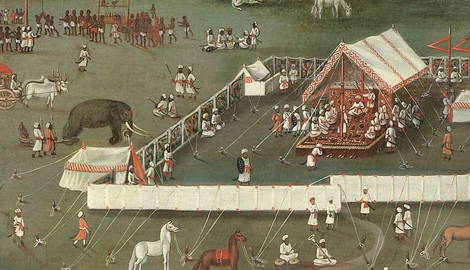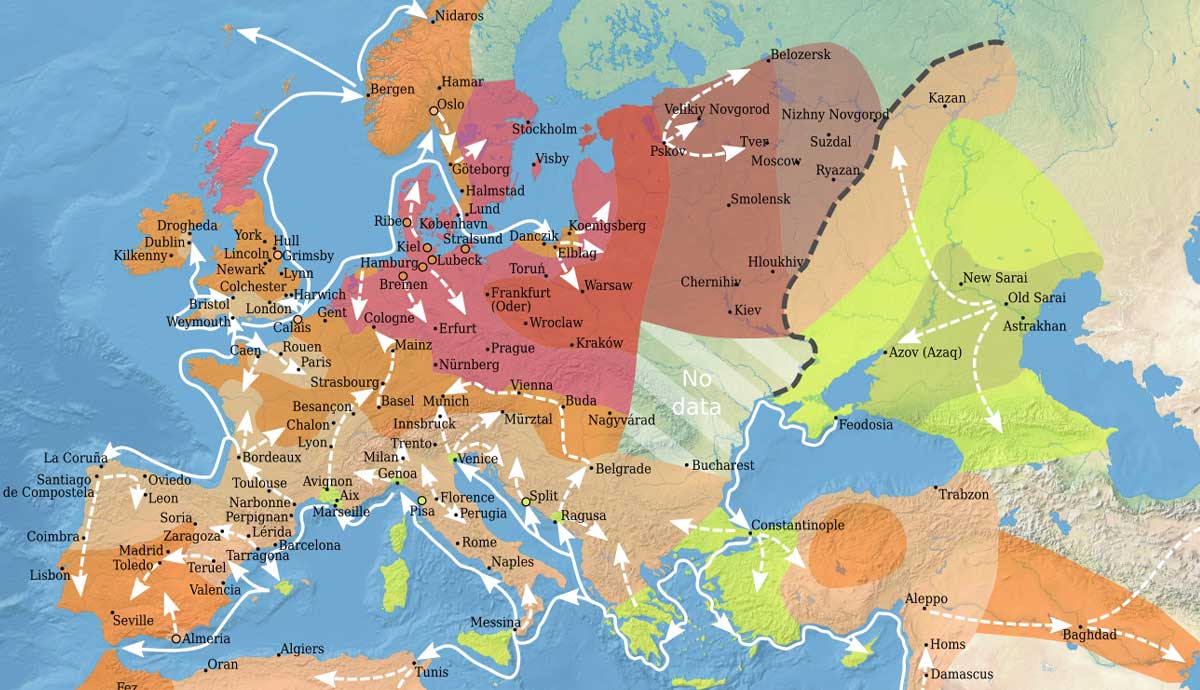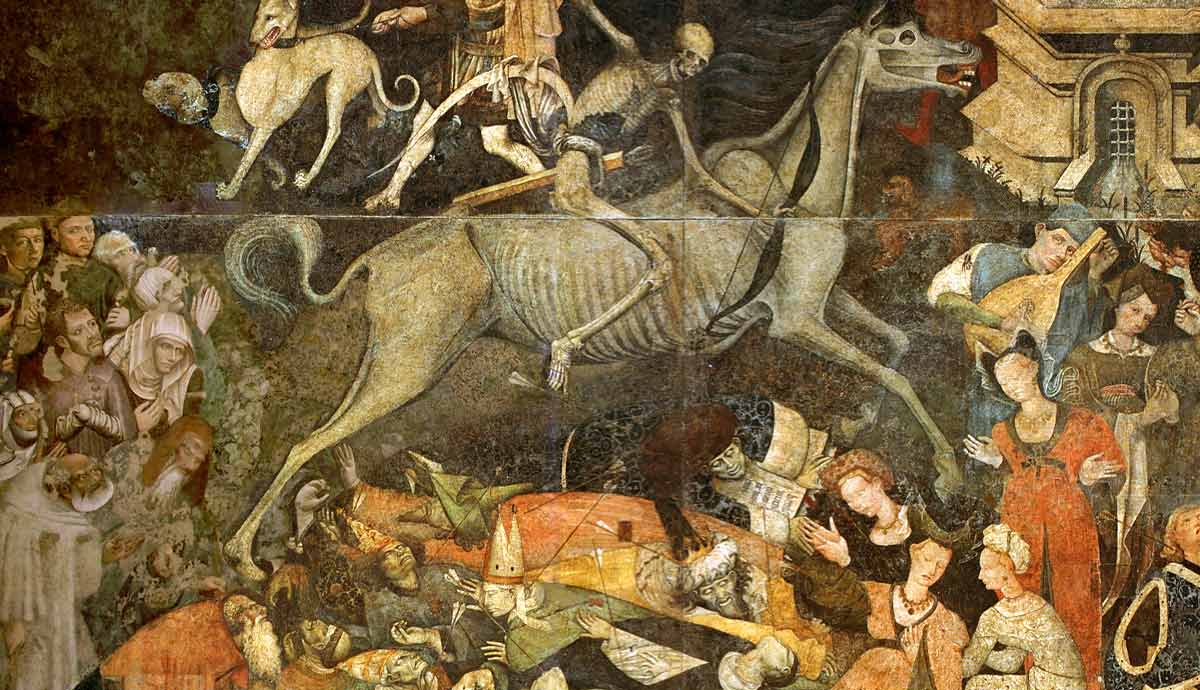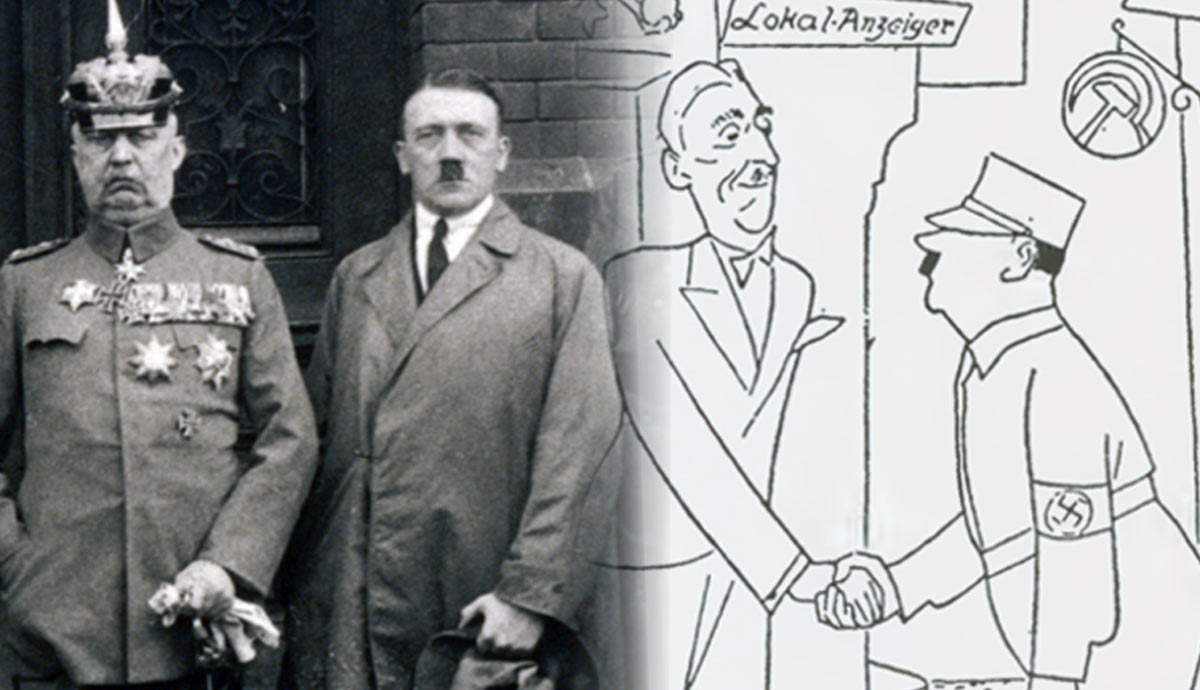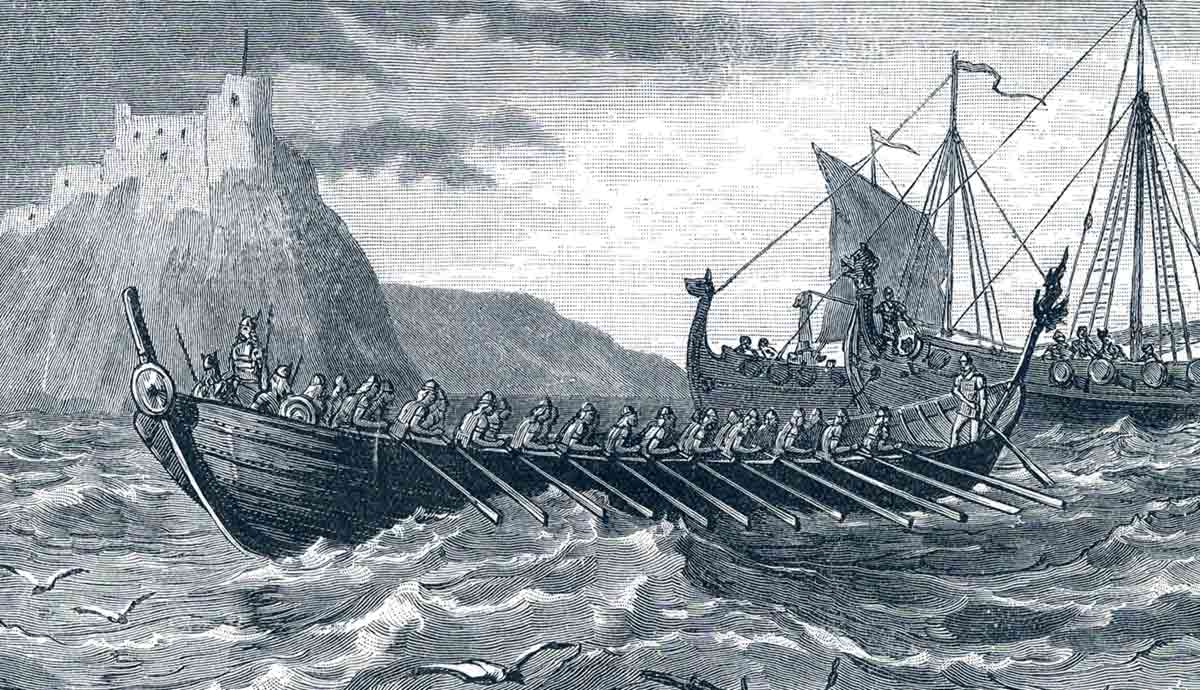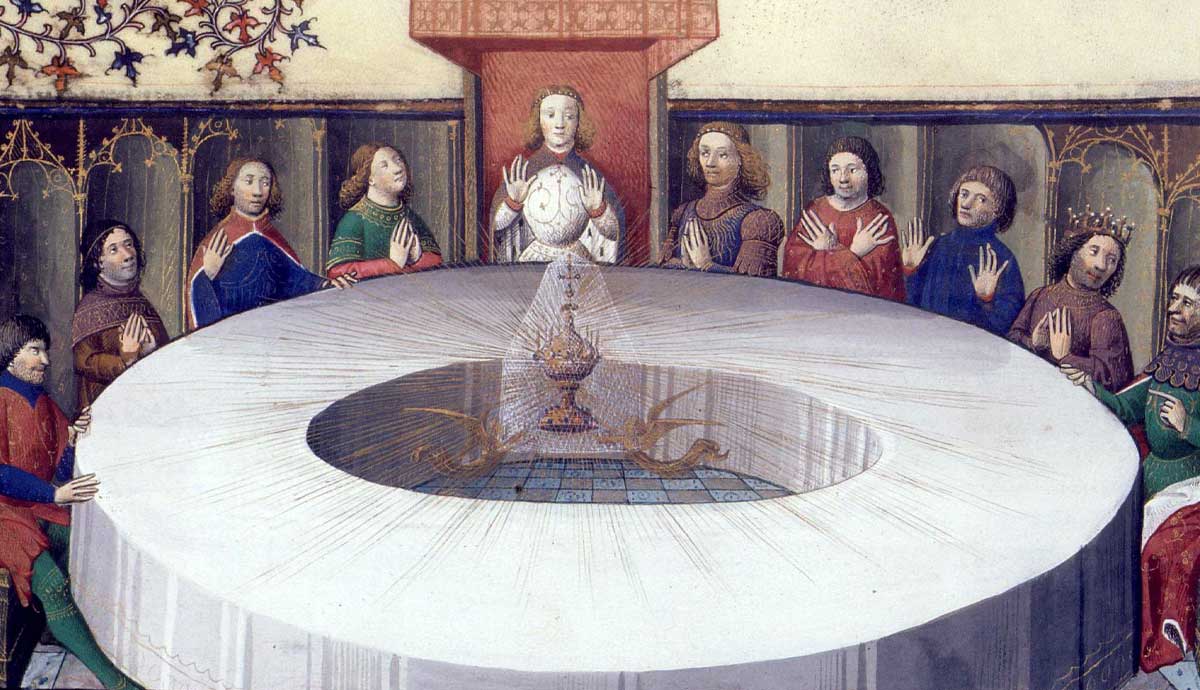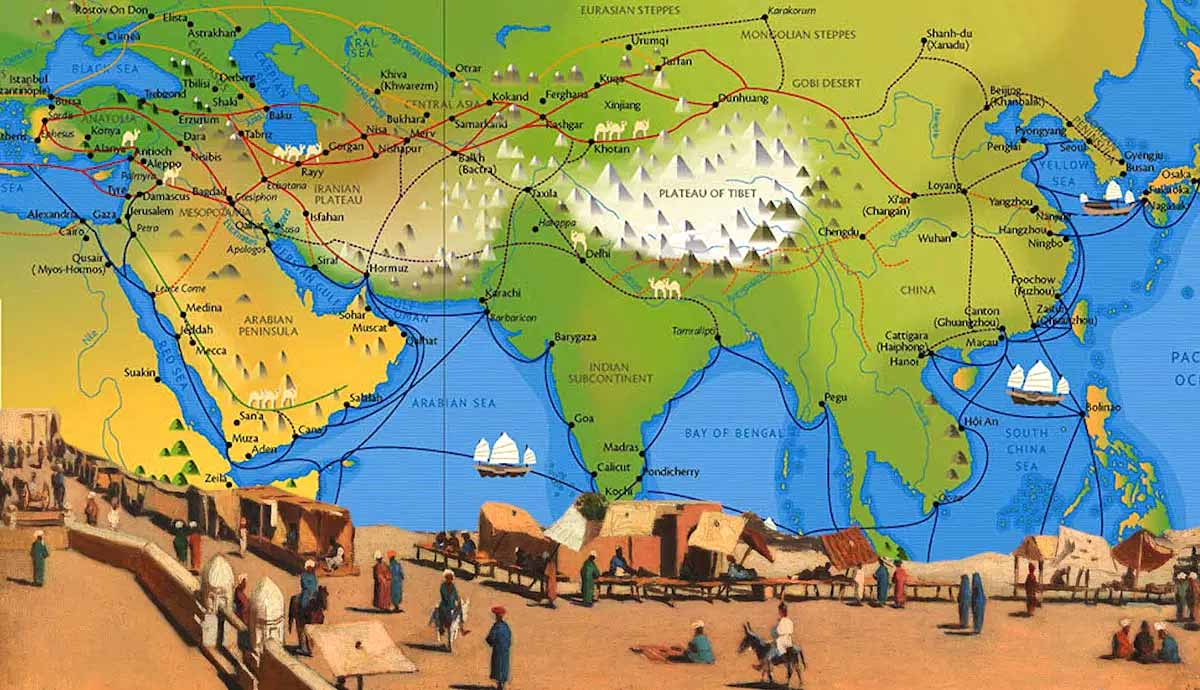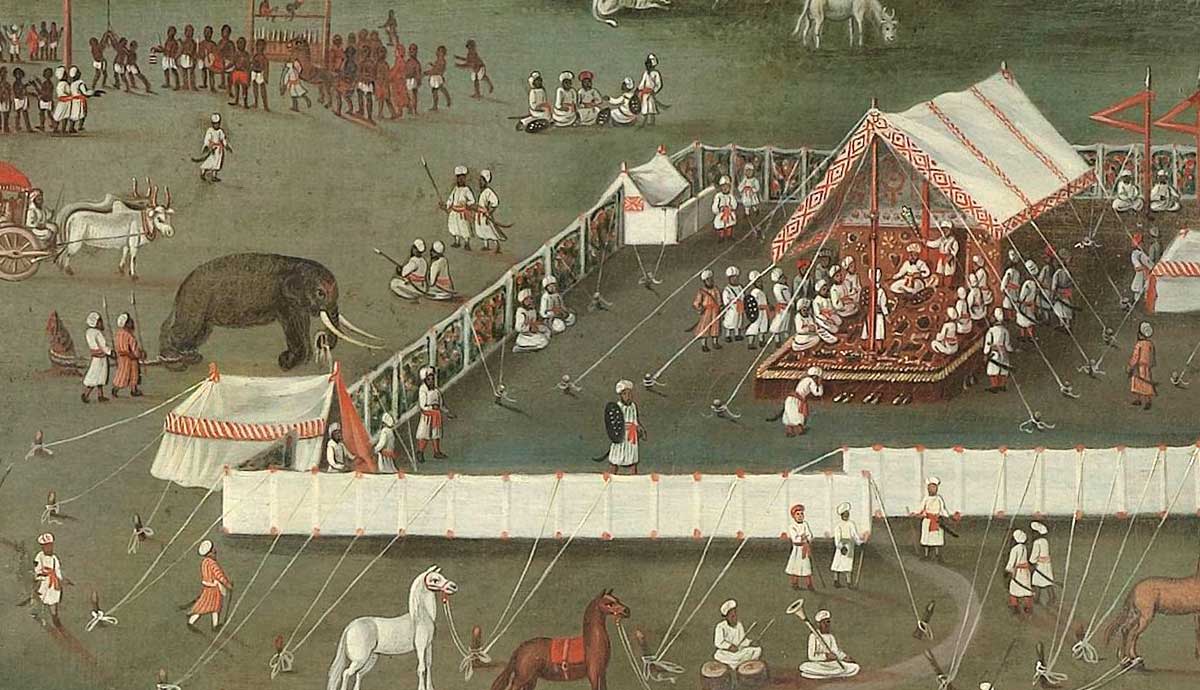
Colonialism – the act of subjugating a native population – often entails imposing the invading country’s own cultural values and preferences on the indigenous population. A huge proportion of countries today have at some point in the past been conquered, or ‘colonized’ by European nations, with the exception of a few, such as Japan, Thailand, and Korea.
There were two main waves of colonialism in modern history. The first occurred in the 15th century during Europe’s Age of Discovery. During this era, European countries including France, Britain, Portugal, and Spain, seized territories around the world. Colonized regions included North America, South America, Australia, most of Africa, and parts of Asia. The second wave, which is widely referred to as the Scramble for Africa, occurred in the 19th century, after a collective of European nations took over large segments of Africa.
Which Colonial Powers Conquered the Most Territories?

The British Empire was the biggest colonial power in history. The empire began colonizing territories in the 16th century and used its military power to spread its influence. At its peak, the British Empire had about 90 colonies under its rule spanning from North America to Asia and Africa.
The French Empire came second in terms of the vastness of regions that it conquered. It began conquering new areas in the 16th century under the reign of King Henry IV and reached its apex in the 19th century under the leadership of Emperor Napoleon III.
The French also established several colonies in North America that included Acadia, Louisiana, and Montreal. The French were, however, less successful in controlling North America. This is because they lacked the numbers to carry out a solid invasion. They also experienced major difficulties dealing with competing colonial powers that were also vying for the territory such as the Spanish. French colonial campaigns came to an end after World War I.

The third biggest colonial power after the 15th century was Spain. The Spanish Empire oversaw colonies in South America, North America, Africa, and Asia. At its height, it controlled over 30 colonies spread over all continents except Antarctica and Australia. Other empires that partook in colonial overtures include the Dutch, Portuguese, and the Belgian empires.
What Were the Main Reasons for Colonialism?

One of the main motivations behind colonialism in the Age of Discovery (between 1400s and 1600s) was expansion. The motivations have been summed up by historians as mainly the pursuit of resources and for glory. More resources were needed because at that time, the European population had become accustomed to unique imported commodities from continents such as Asia like spices, silk, and pottery, which were delivered through the Silk Road. However, the trade of these commodities had come under threat by the end of the 16th century.
The abrupt change in circumstances caused European countries to recognize the potential benefits of securing more resource areas and new sea routes. Colonization also had a religious element. European missionaries, for example, felt as though it was their duty to spread Christianity and gain divine compensation for saving souls. These factors, coupled with nationalistic ambitions, spurred colonial powers to compete to take over territories around the world.
Did Colonialism Impact Indigenous Communities?

Colonialism had a significant impact on the socio-economic structures of colonized populations. Colonized natives, for example, were forced to adopt the invaders’ language and cultural paradigms. In regions that the British colonized, the English language was recognized as an official language.
Such classifications exist in many of those regions today. Because colonial empires were based on the exploitation of indigenous people, in many cases they also utilized slave labor. This level of exploitation engendered economic inequity, systemic racism, poverty, and blatant disregard for the human rights of indigenous populations.
In places such as North America, high demand for cheap labor to grow New World cash crops such as tobacco and sugar led to the increased enslavement of Africans after 1600. Many of the slaves were taken from parts of Africa and transported across the Atlantic. The strategy caused some places, such as the island of Barbados, to have a huge slave population of approximately fifty thousand by 1700. In fact, Barbados is recognized as the birthplace of British slave society. It was ruled by British elites who made their fortunes from enslaved laborers who worked on their sugar plantations.
